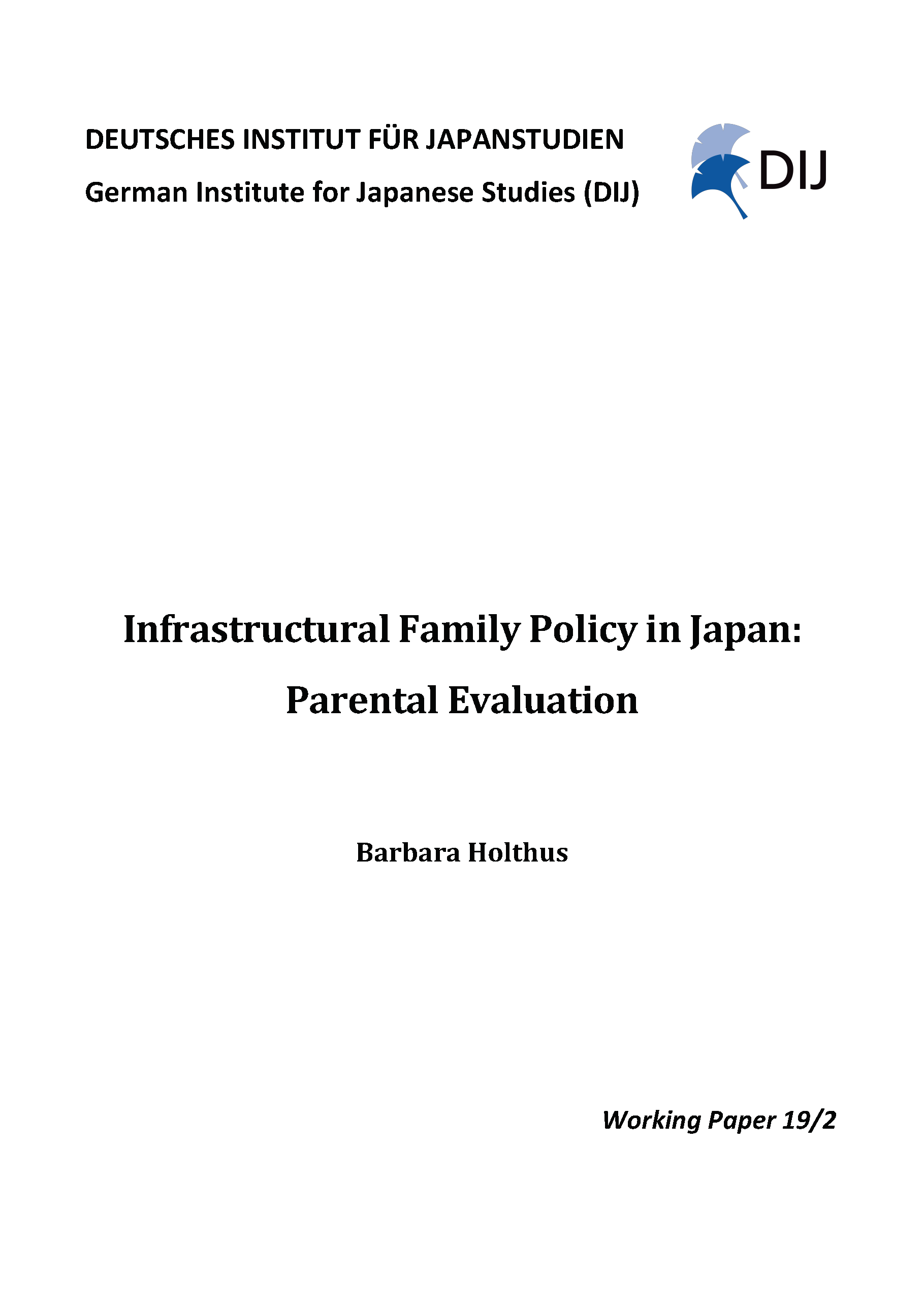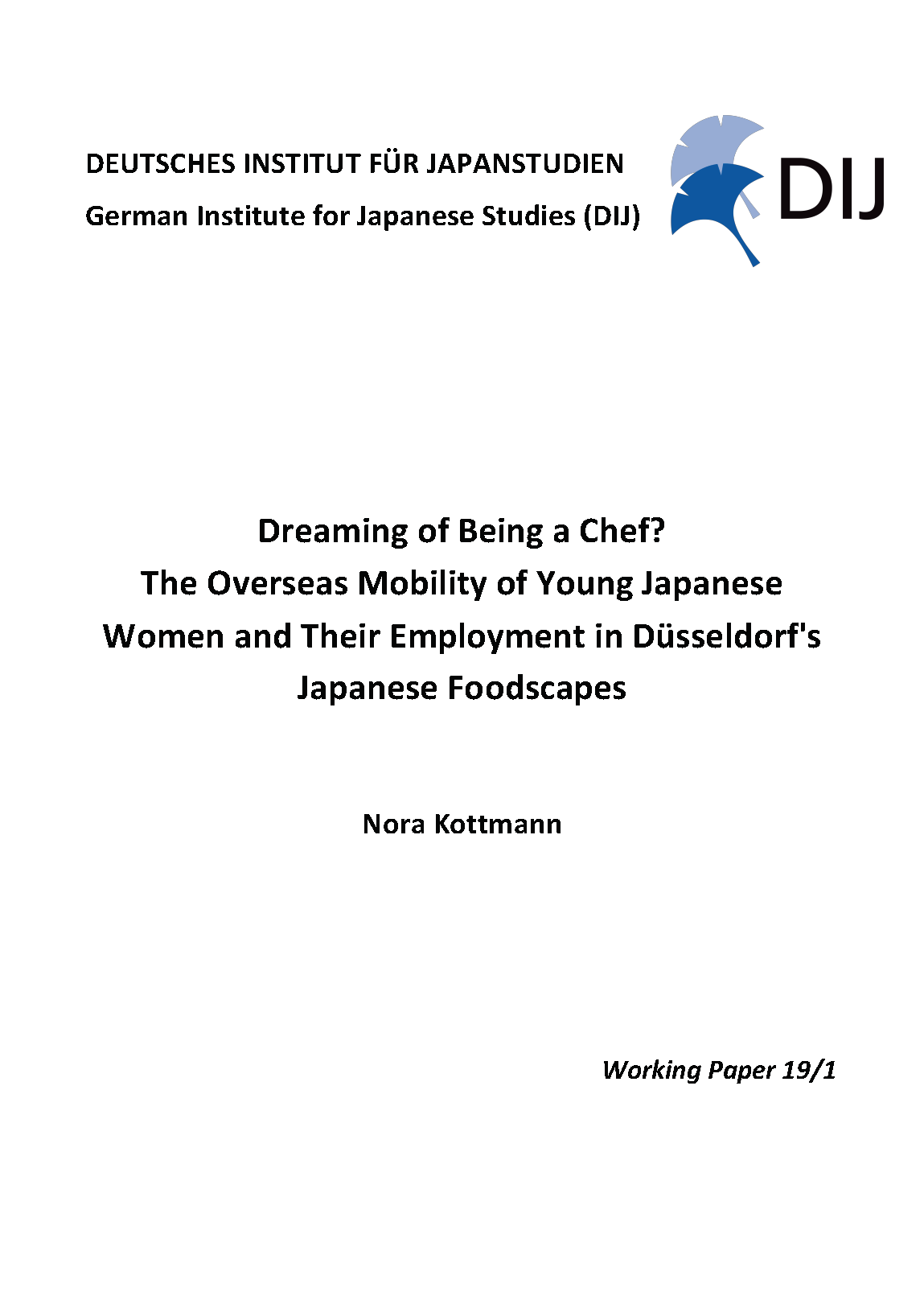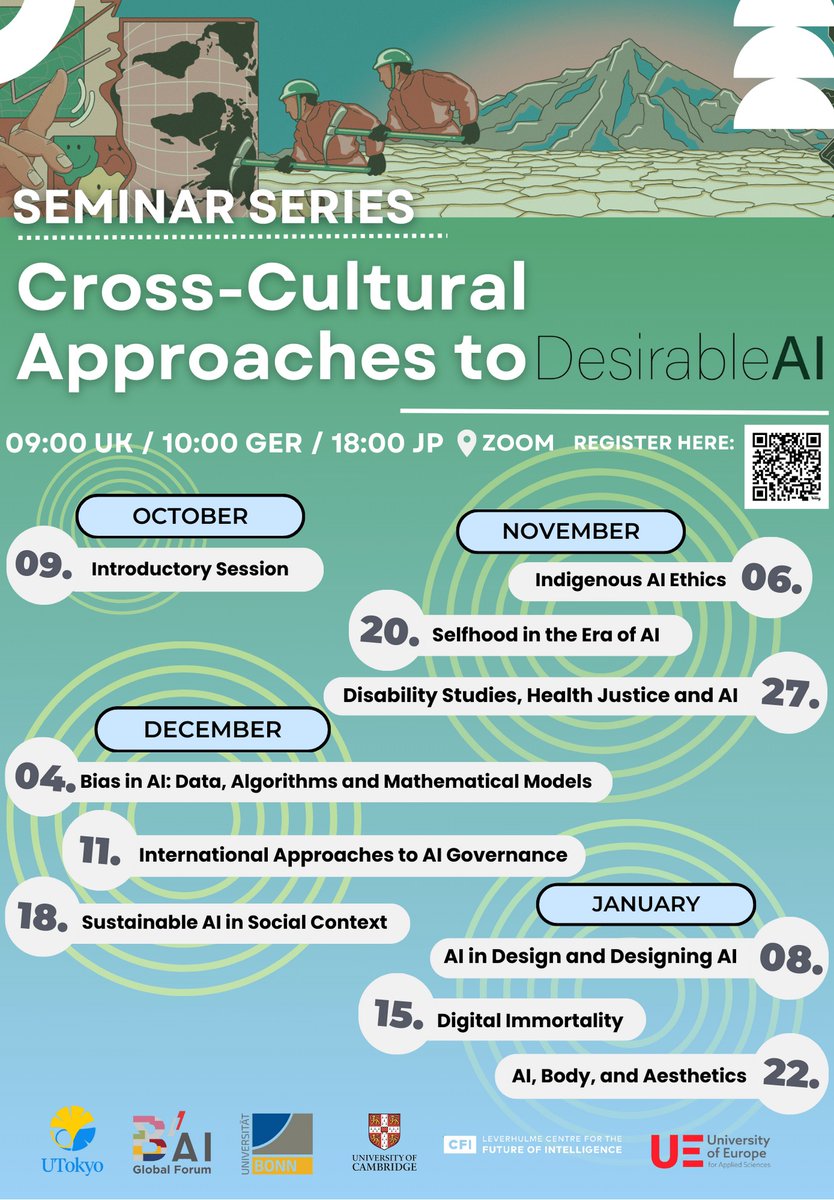イベント&アクティビティ
Regulating for a Better Work-life Balance: German and Japanese Experiences
Germany and Japan have experienced rapid growth in non-standard employment and particular in part-time work in the last 30 years. Nevertheless, both countries differ considerably when it comes to important indicators of work-life balance such as working time. According to the OECD, in Japan around 22 per cent of workers have a work week of 50 hours or more, whereas in Germany this applies to less than 5 per cent. Annual average working hours in Japan stand at 1,600 hours but only at about 1,300 in Germany. Despite these differences, in both countries policies that aim at more flexible working time regimes, including measures to reduce working hours, are currently high on the political agenda.
At this DIJ Forum we ask how the differences between the two countries can be explained and to what extent current debates are comparable.
Speakers:
Hartmut Seifert, WSI Düsseldorf
Katsutoshi Kezuka, Chuo University
共同書籍小展示:
能・狂言
 日本の古典芸能は海外でどのように紹介され、研究されてきたのでしょうか。
日本の古典芸能は海外でどのように紹介され、研究されてきたのでしょうか。
国際文化会館、日仏会館、ドイツ日本研究所の各図書室では、今回は能と狂言に関する翻訳書や研究書を展示します。この機会に、英語版、フランス語版、ドイツ語版の資料をぜひご覧ください。
展示内容・入室等のお問い合わせは各図書室にお願いいたします。
Writing (in) Iwate: Exploring a Local Literary Scene and its Fiction
The literary scene in Japan has one strong focal point: Tokyo. From the early 20th century onwards, publishers gathered in the capital, attracting those who aspired to be professional writers from all over the country. Still today, more than 76 percent of all Japanese publishing houses are located in Tokyo according to a recent report of the Japan Book Publishers Association. However, the situation for writers in other regions of Japan seems to have changed significantly as my research on literature in the prefecture of Iwate shows: While my study began with the question whether there was any local literary production in present-day Iwate at all, an on-site exploration yielded that a considerable literary scene actually does exist. Yet, this local literature is mostly overlooked by academia and media. To change this and draw attention to the literary production of Iwate, I dedicated my dissertation to the question what the local literary scene in Iwate and its literature look like.
In the presentation the focus will be put on the literary magazine Kita no bungaku [Literature of the North], which I identified as one of the key institutions supporting literature in Iwate.
Speaker:
Tamara Kamerer, University of Vienna
Report on the Transregional Academy „Infrastructures, Regions and Urbanizations“
The Berlin-based Forum Transregionale Studien and the Max Weber Stiftung – Deutsche Geisteswissenschaftliche Institute im Ausland had invited 18 doctoral and postdoctoral scholars from the humanities and social sciences to attend a Transregional Academy convened at the National University of Singapore (NUS) on the topic of “Infrastructures, Regions and Urbanizations”. The Academy was chaired by Weiqiang Lin and James D. Sidaway (National University of Singapore), Franz Waldenberger (Deutsches Institut für Japanstudien, Tokyo) and Simone Lässig (Deutsches Historisches Institut Washington). It was arranged in cooperation with the Asia Research Institute and its director Jonathan Rigg as well as the Max Weber Foundation Research Group on Borders, Mobility and New Infrastructures at NUS.
Read the full report by Franz Waldenberger
Infrastructural Family Policy in Japan: Parental Evaluation
 The continuing low fertility rate in Japan, coupled with high ageing is a severe problem for Japan’s social welfare system and its economy. One important element of family policies is to provide affordable and good quality childcare institutions. In international scholarship on the evaluation of family policies, surveying parents specifically in regard to their satisfaction with family policies is rare. For the case of Germany, studies find daycare expansion positively associated particularly with maternal subjective well-being, with some differences between parents in West and East Germany, as well as that parents’ education, their income, and the age of the child all impact their levels of satisfaction with family policies. Mirroring the study by Camehl et al. (2015) and applying this to the case of Japan, I conducted a quantitative analysis of the JPWS 2012 (Japan Parental Well-Being Survey) data. Findings are that Japanese mothers’ and fathers’ own experiences are an important indicator for their satisfaction with family policies. If they managed to secure a childcare space, in particular in a public daycare center, they are more likely to be satisfied with family policies. A place in a public daycare center in contrast to any other childcare institution contributes most significantly to the parents’ satisfaction with family policies.
The continuing low fertility rate in Japan, coupled with high ageing is a severe problem for Japan’s social welfare system and its economy. One important element of family policies is to provide affordable and good quality childcare institutions. In international scholarship on the evaluation of family policies, surveying parents specifically in regard to their satisfaction with family policies is rare. For the case of Germany, studies find daycare expansion positively associated particularly with maternal subjective well-being, with some differences between parents in West and East Germany, as well as that parents’ education, their income, and the age of the child all impact their levels of satisfaction with family policies. Mirroring the study by Camehl et al. (2015) and applying this to the case of Japan, I conducted a quantitative analysis of the JPWS 2012 (Japan Parental Well-Being Survey) data. Findings are that Japanese mothers’ and fathers’ own experiences are an important indicator for their satisfaction with family policies. If they managed to secure a childcare space, in particular in a public daycare center, they are more likely to be satisfied with family policies. A place in a public daycare center in contrast to any other childcare institution contributes most significantly to the parents’ satisfaction with family policies.
Furthermore, the region of living is a highly significant factor. Parents in the urban metropolitan areas of Kanto and Kinki are significantly less satisfied—due in part to the fact that in these urban areas daycare spaces are more difficult to get than in anywhere else. In regards to infrastructural family policy satisfaction, gender differences in satisfaction pale in comparison to regional differences. it is hoped that policy makers will acknowledge the importance of evaluating the “success” of family policies by the level of satisfaction of parents with family policies, and that the diverse conditions and needs of families in different regions be adequately addressed.
What Happens Abroad Stays Abroad? Expatriates’ Psychological Contracts
With multinational companies being globally active, deploying people in different locations all over the world has become a common practice. A recent survey of KMPG predicts that the number of international assignments will continue to increase in the next 5 years and that companies worldwide will continue to take advantage of their global workforce. Japanese multinational companies also strongly rely on this workforce as it enables them to control their foreign subsidiaries, foster knowledge transfer across national borders and establish globally standardized policies. According to the statistics of the Ministry of Internal Affairs and Communications, the number of Japanese nationals working overseas increased by nearly 10% in the last five years. For FY 2017, 463,700 nationals were working for private enterprises abroad. Considering the crucial importance of these employees for the long-term corporate success, it becomes imperative for both researchers and practitioners alike to understand what determines expatriates´ success abroad and how human resource management practices may support expatriates to stay committed to their employers.
Speaker:
Tassilo Schuster, Ludwig-Maximilians-Universität München
Inscribing Edible Otherness: Intersections of Food, Gender, and Ethnicity in Contemporary Zainichi Poetry
This presentation explores the intersections of food, gender, and ethnicity in contemporary zainichi Korean poetry. Far more than simply a biological necessity, “food serves as an indicator of social identity, from region to ethnicity, from class to age or gender” (Wendy Leeds-Hurwitz 1993: 90). In zainichi Korean literature, representations of food, cooking, and eating often do not primarily serve to add realism to the work. Rather, food is used as shorthand for the ties that persist between Korean immigrants and their pasts, and to indicate the degree of their assimilation in Japan. This function is particularly clear in poetry, which, due to its brevity, must forego world building and instead invest meaning in every single word. With a focus on the representation of what is probably the most iconic Korean food, kimchi, I examine how ethnic food is celebrated, and simultaneously resisted, as (gendered) cultural heritage. I show how food is used to highlight cultural anxieties and desires, mark processes of inclusion and exclusion, and express a wavering sense of connectedness between Korea, the imagined country of the poets’ descent, and Japan, the country of their own birth.
Speaker:
Kristina Iwata-Weickgenannt, Nagoya University / Trier University
Dreaming of Being a Chef? The Overseas Mobility of Young Japanese Women and Their Employment in Düsseldorf’s Japanese Foodscapes
 The temporary and permanent presence of numerous Japanese citizens in Dusseldorf is certainly one of the reasons why the offerings of Dusseldorf’s ‘Japanese’ food sector are particularly extensive and diverse in comparison to other German cities. In spite of increasing academic interest in the growing Japanese foodscapes, in Japanese communities abroad, and in the overseas mobility of Japanese women, so far there is almost no research on the relationship among these topics.
The temporary and permanent presence of numerous Japanese citizens in Dusseldorf is certainly one of the reasons why the offerings of Dusseldorf’s ‘Japanese’ food sector are particularly extensive and diverse in comparison to other German cities. In spite of increasing academic interest in the growing Japanese foodscapes, in Japanese communities abroad, and in the overseas mobility of Japanese women, so far there is almost no research on the relationship among these topics.
Düsseldorf and the (young) women who work in gastronomy there offer an interesting case study in this context. Using qualitative data from a field study in Dusseldorf’s ‘Japanese’ foodscapes from 2016 onwards, this article focuses on young Japanese women working in this sector.








 Open Access
Open Access
